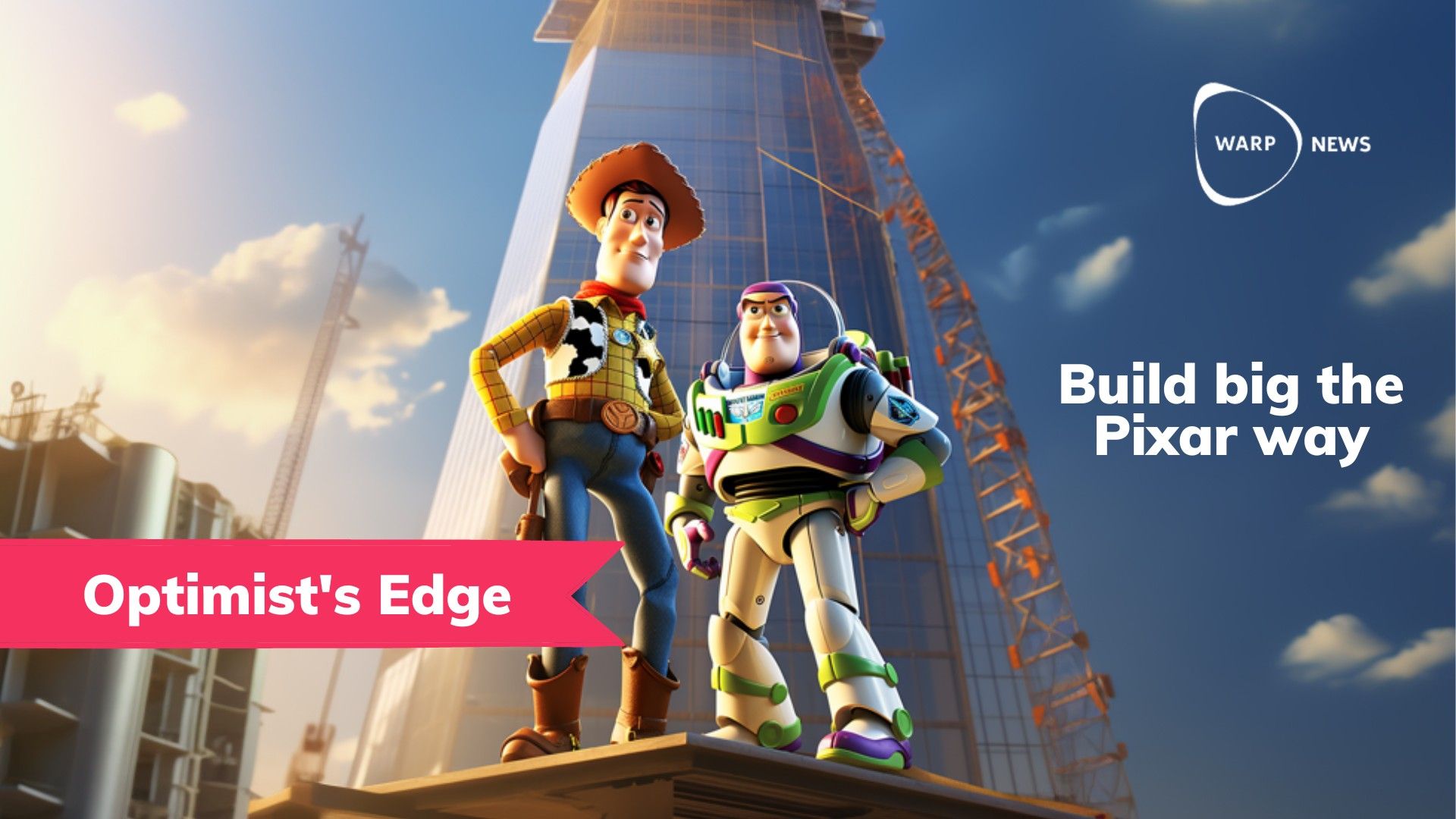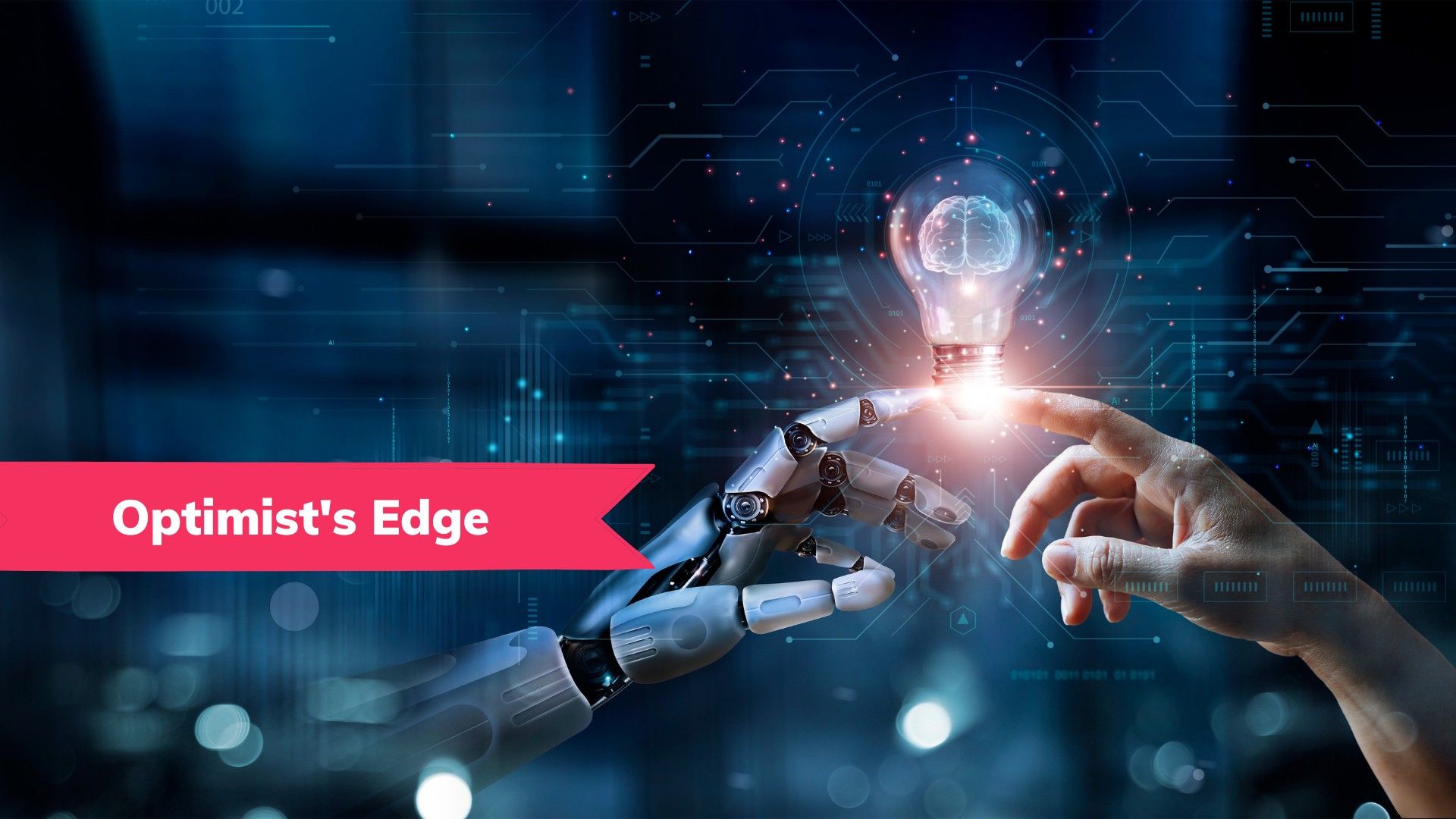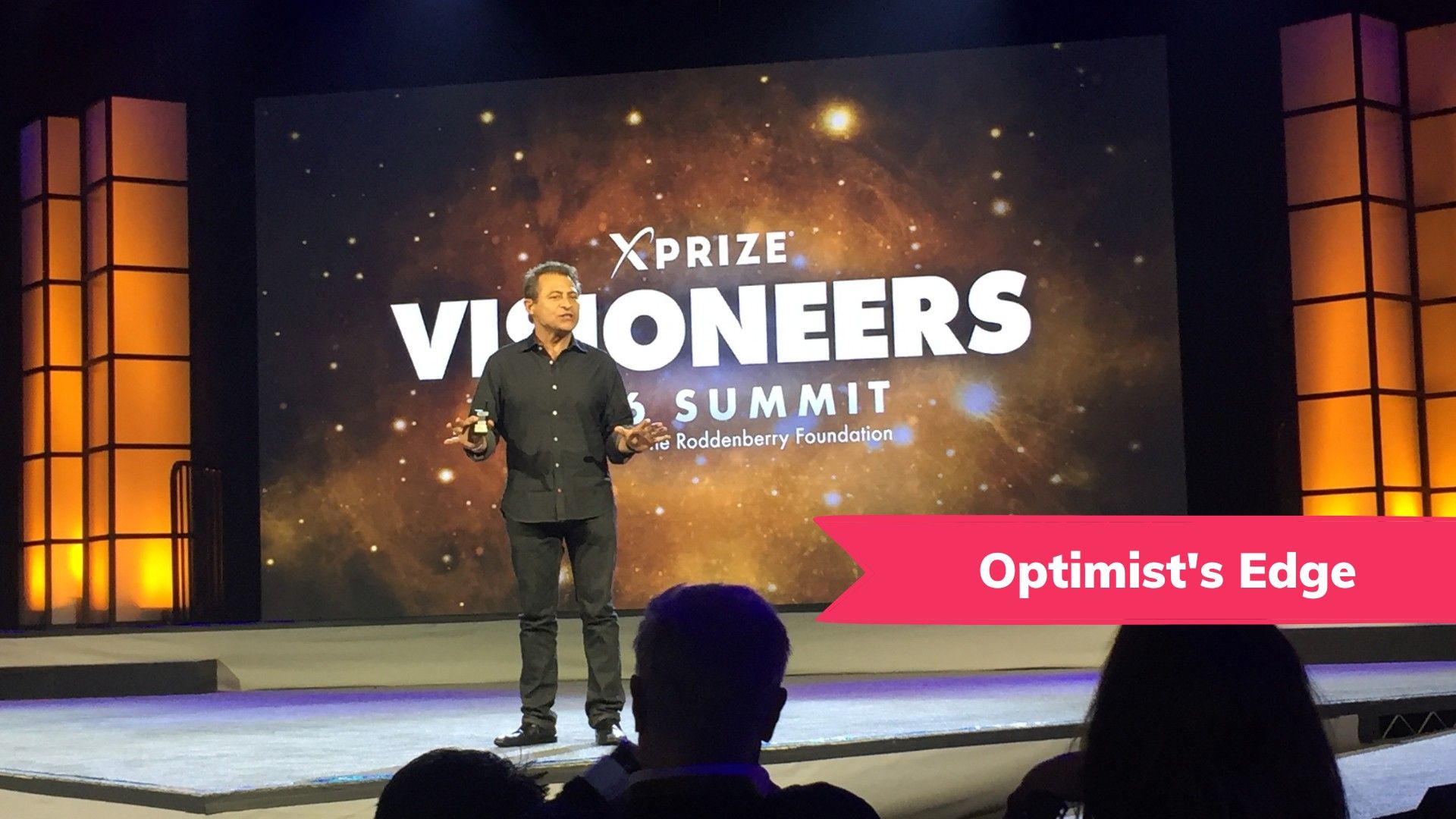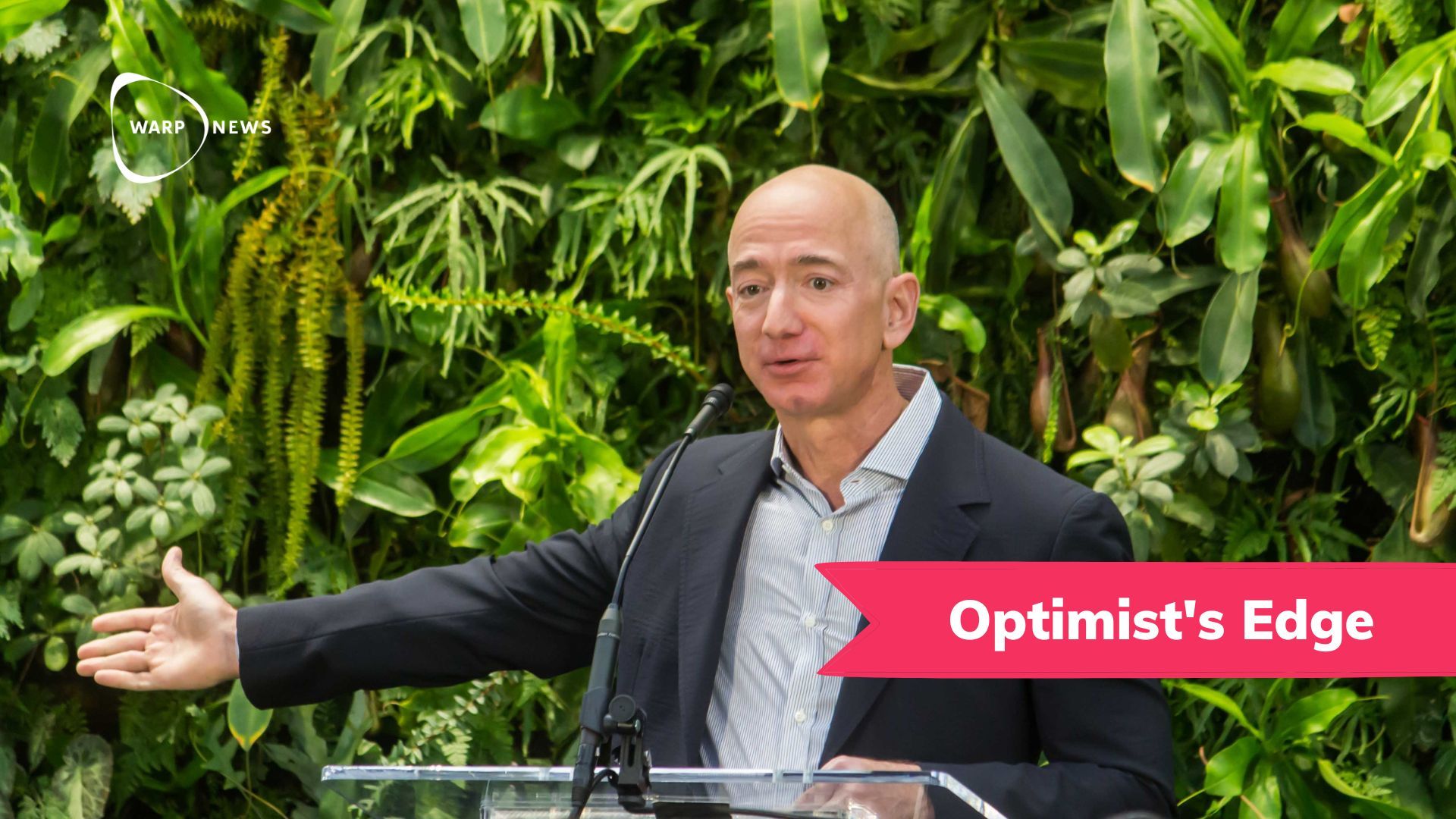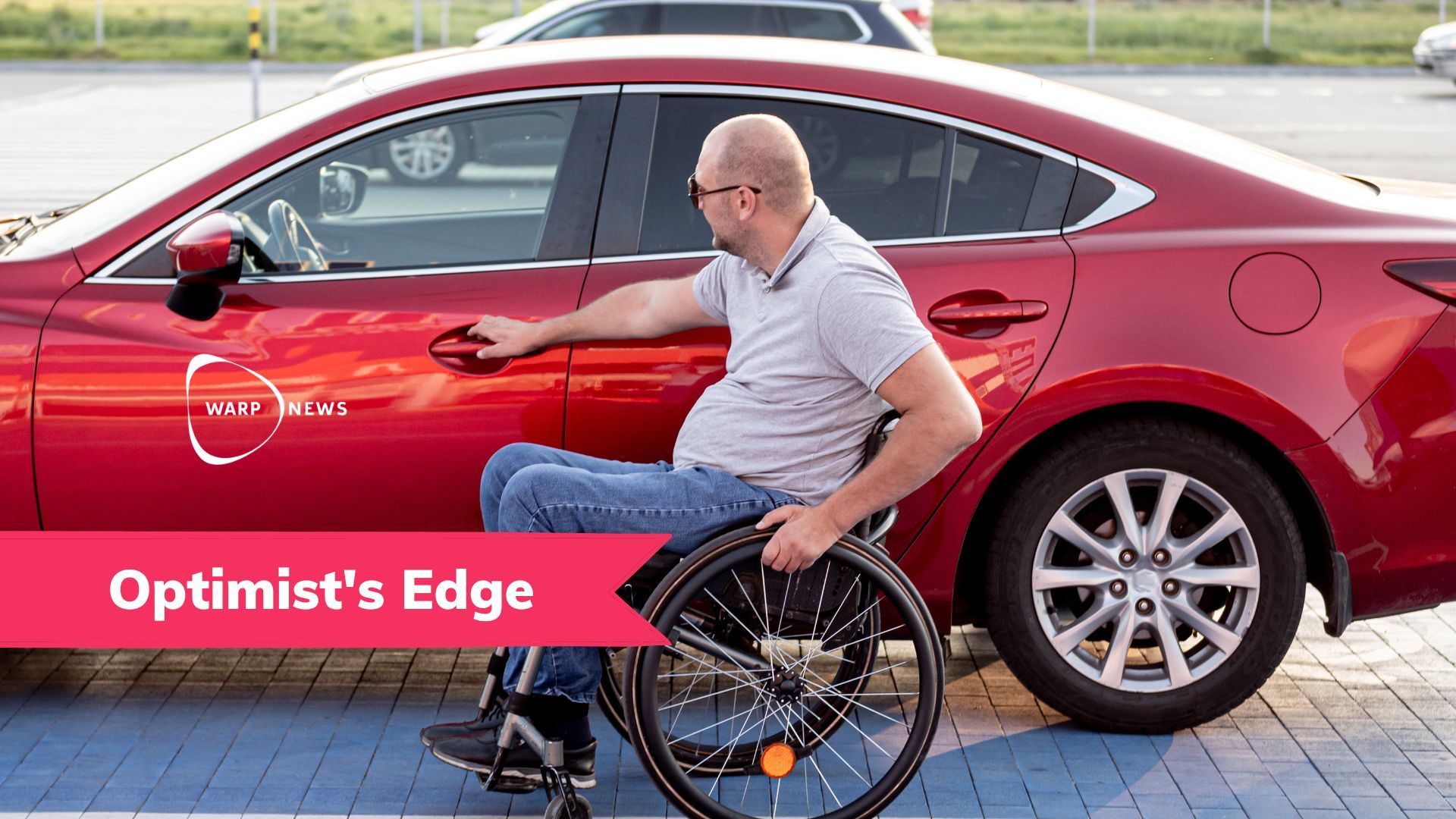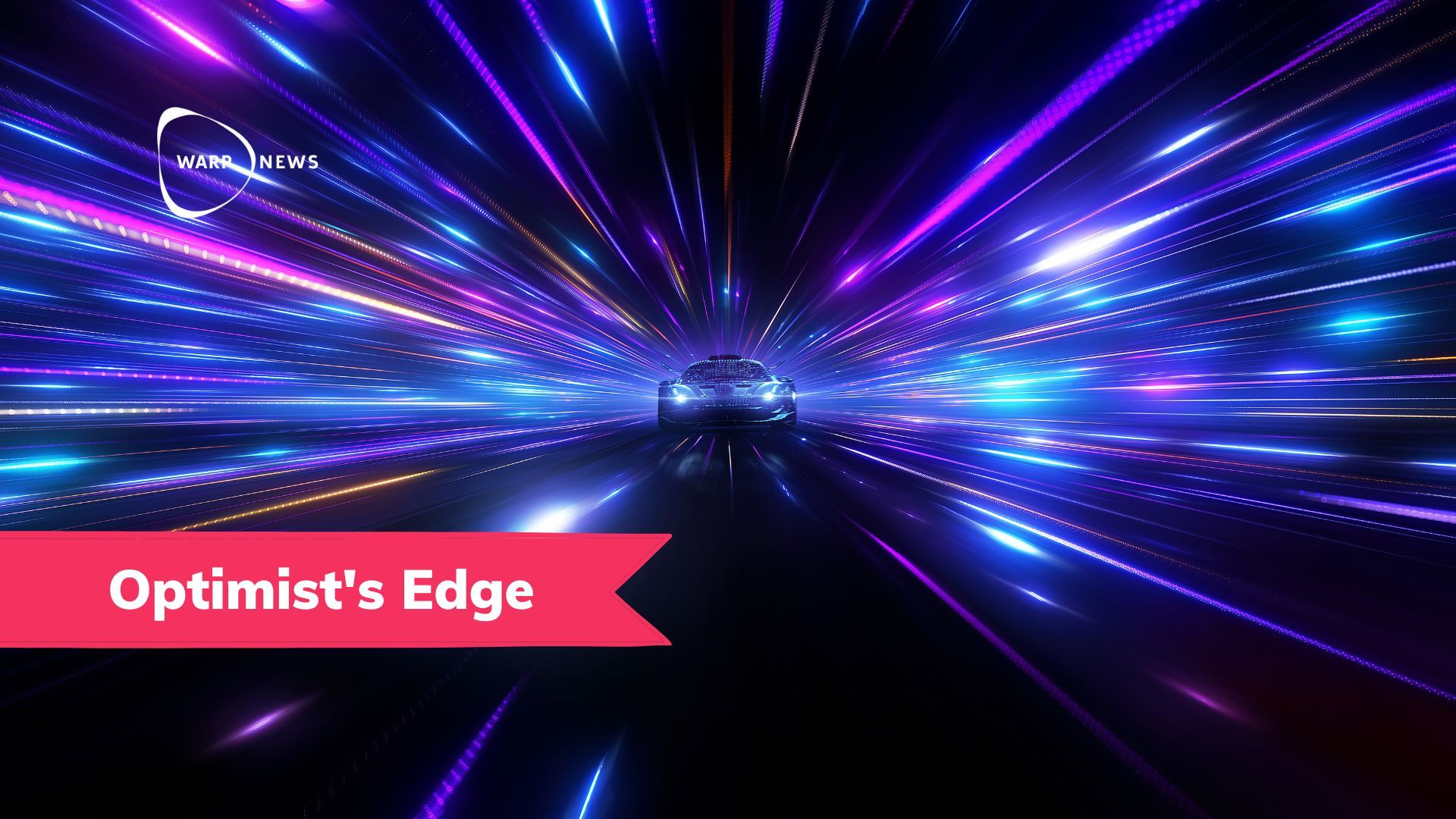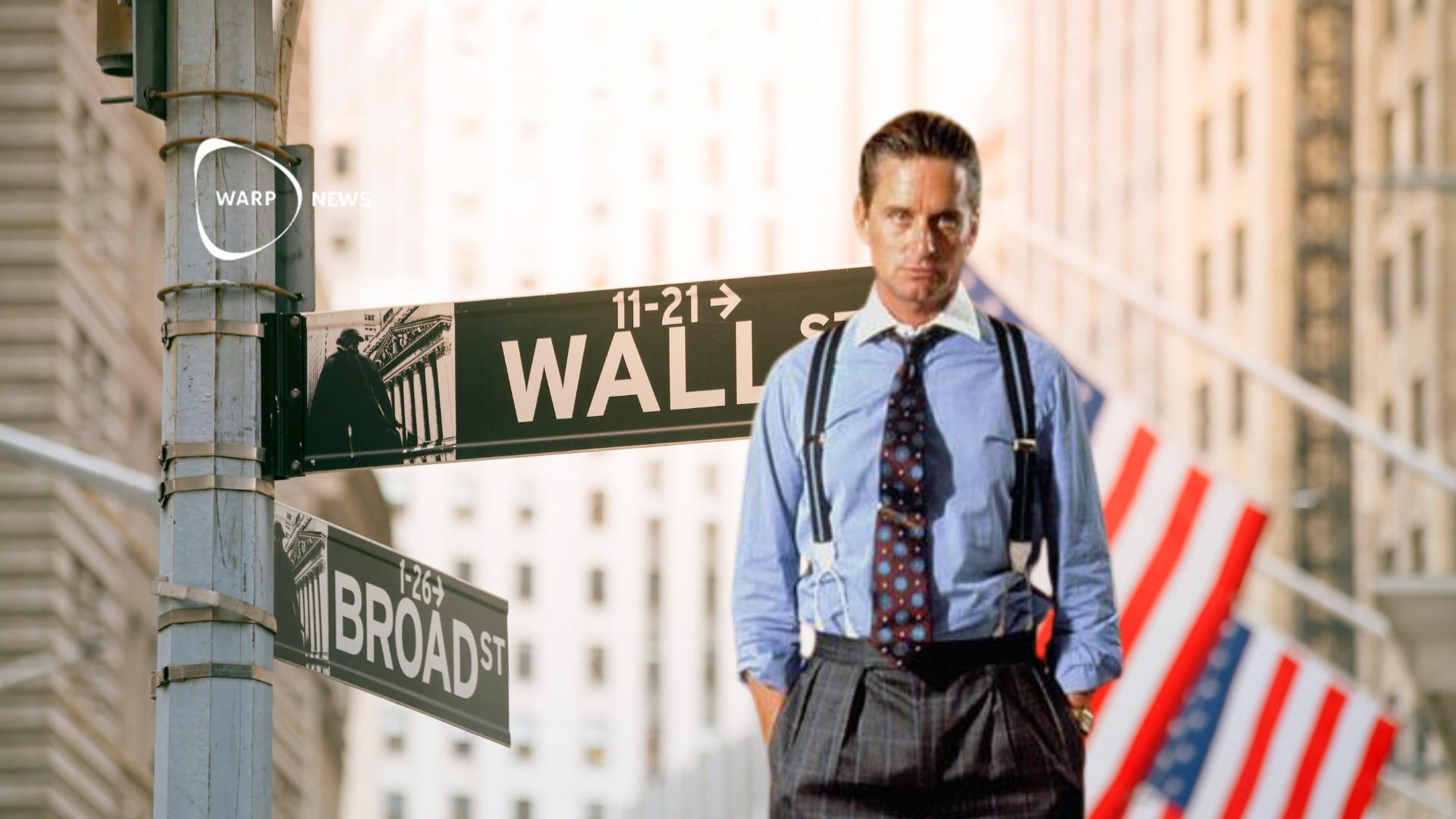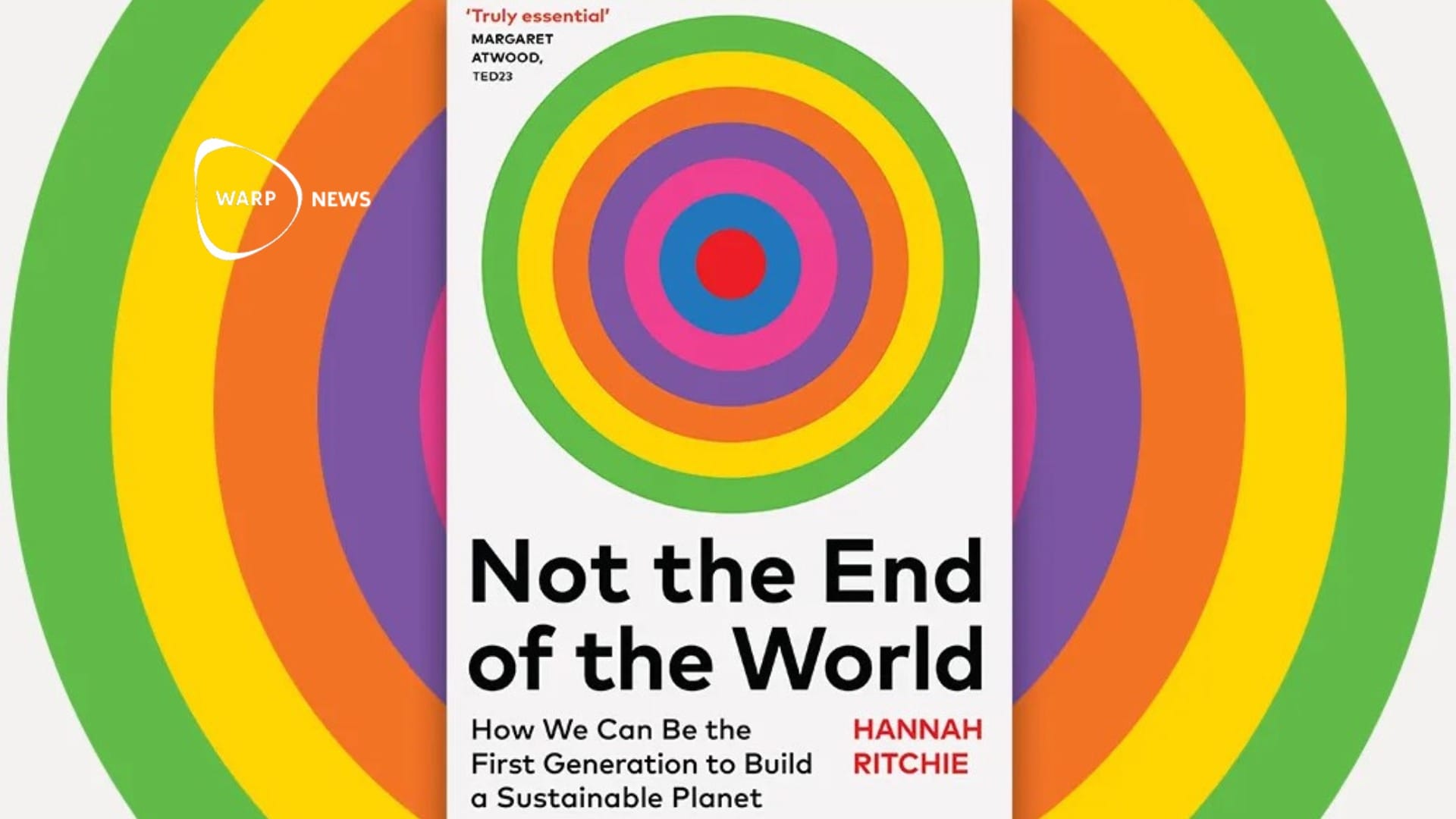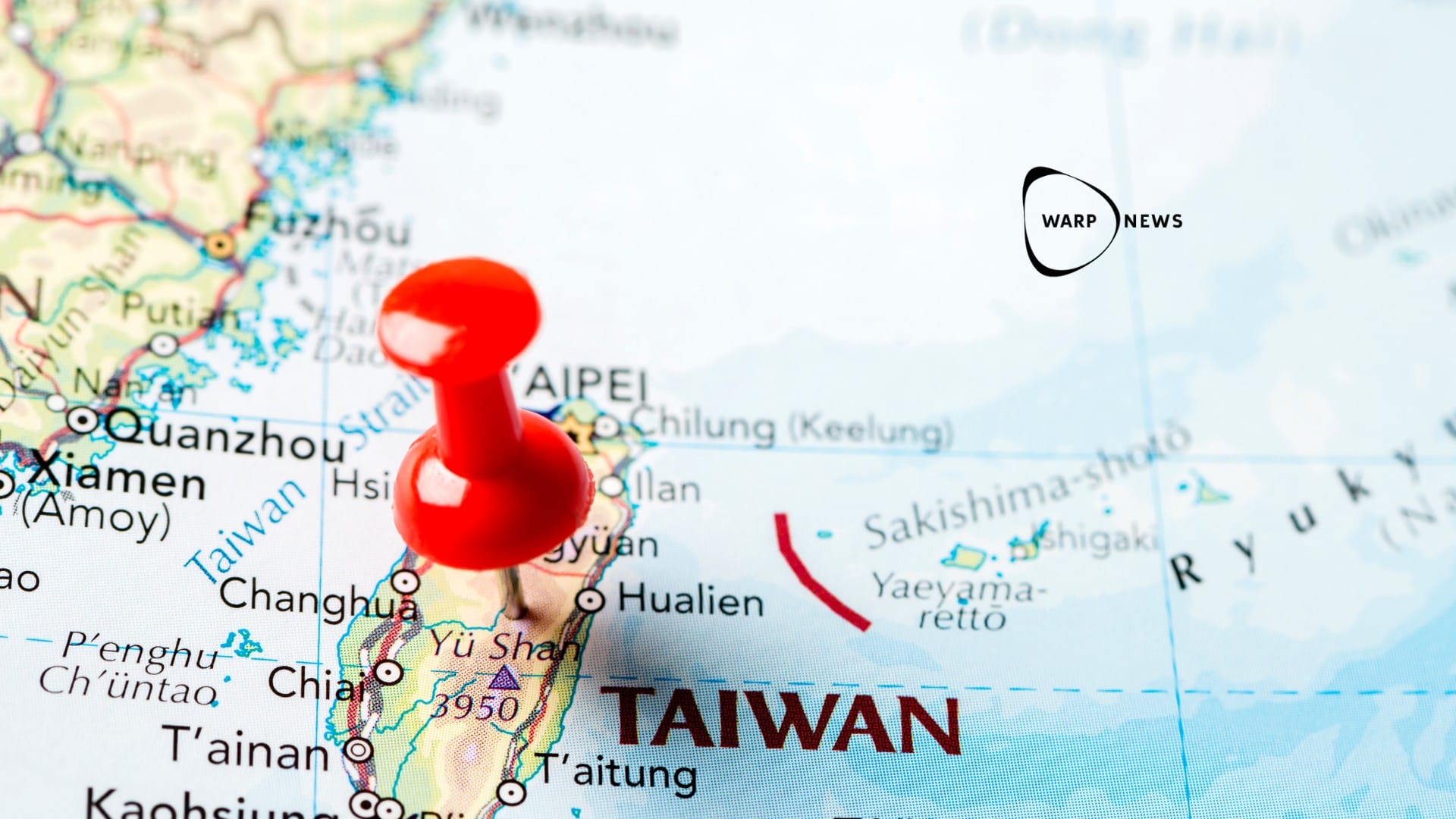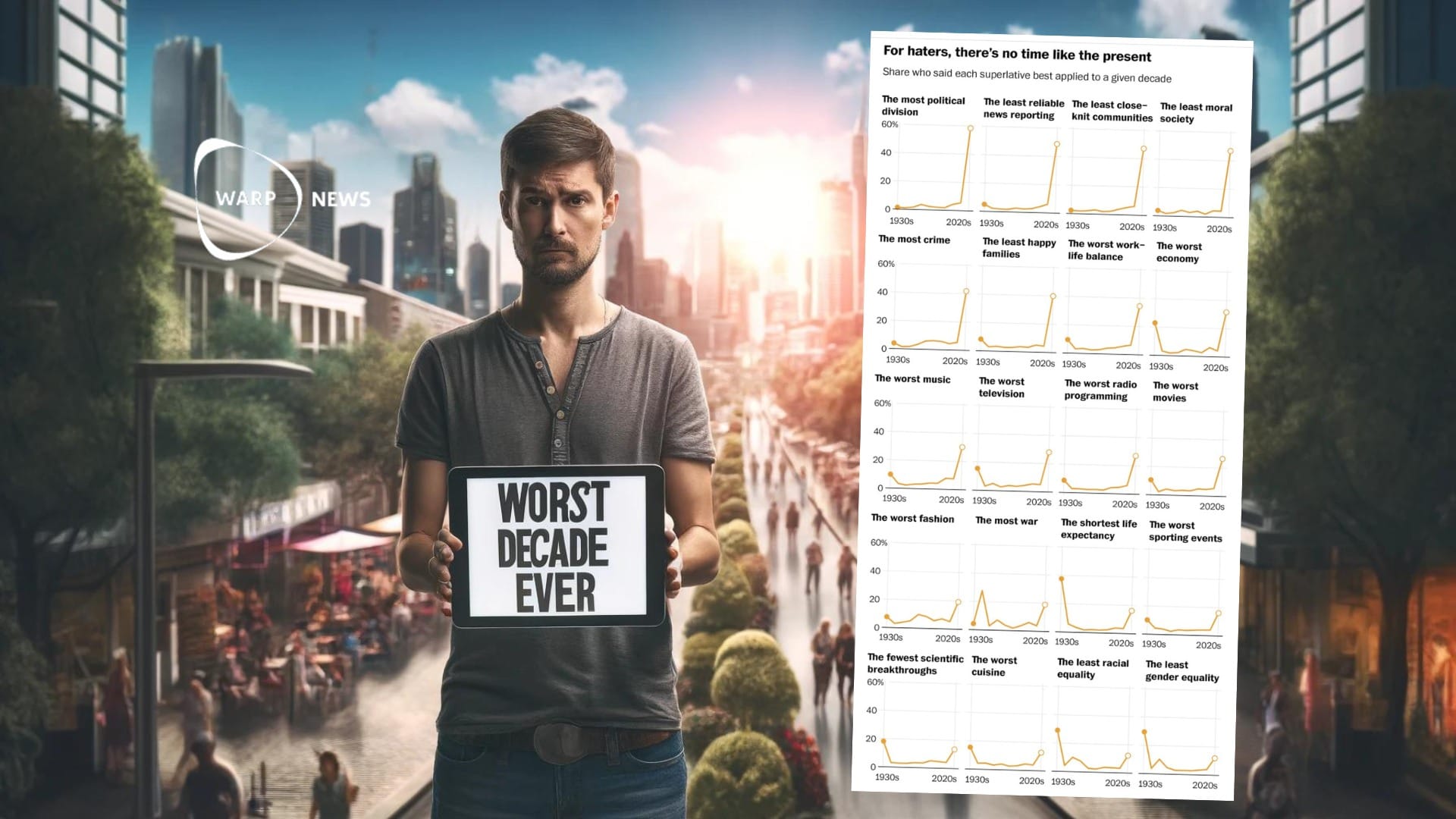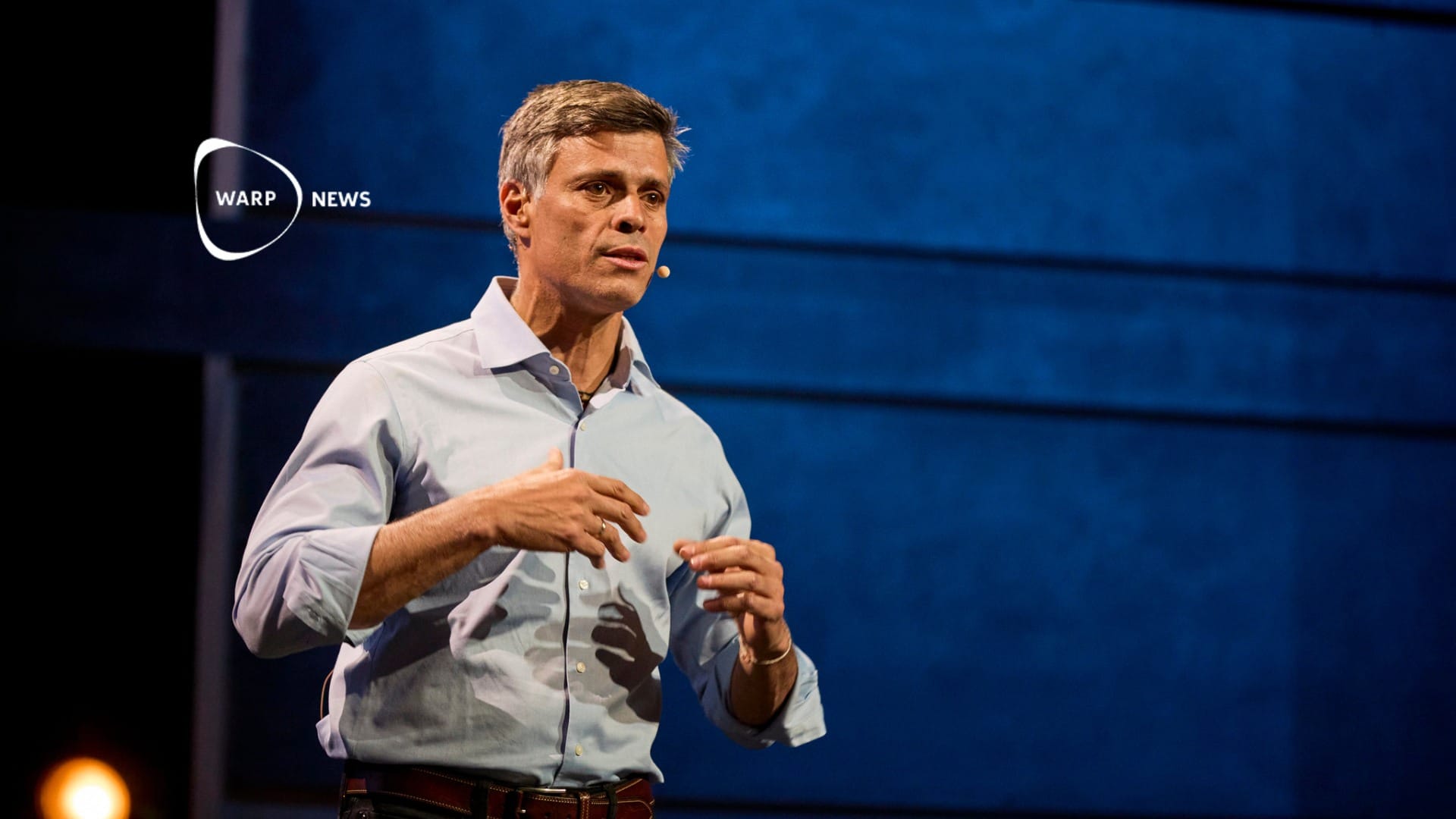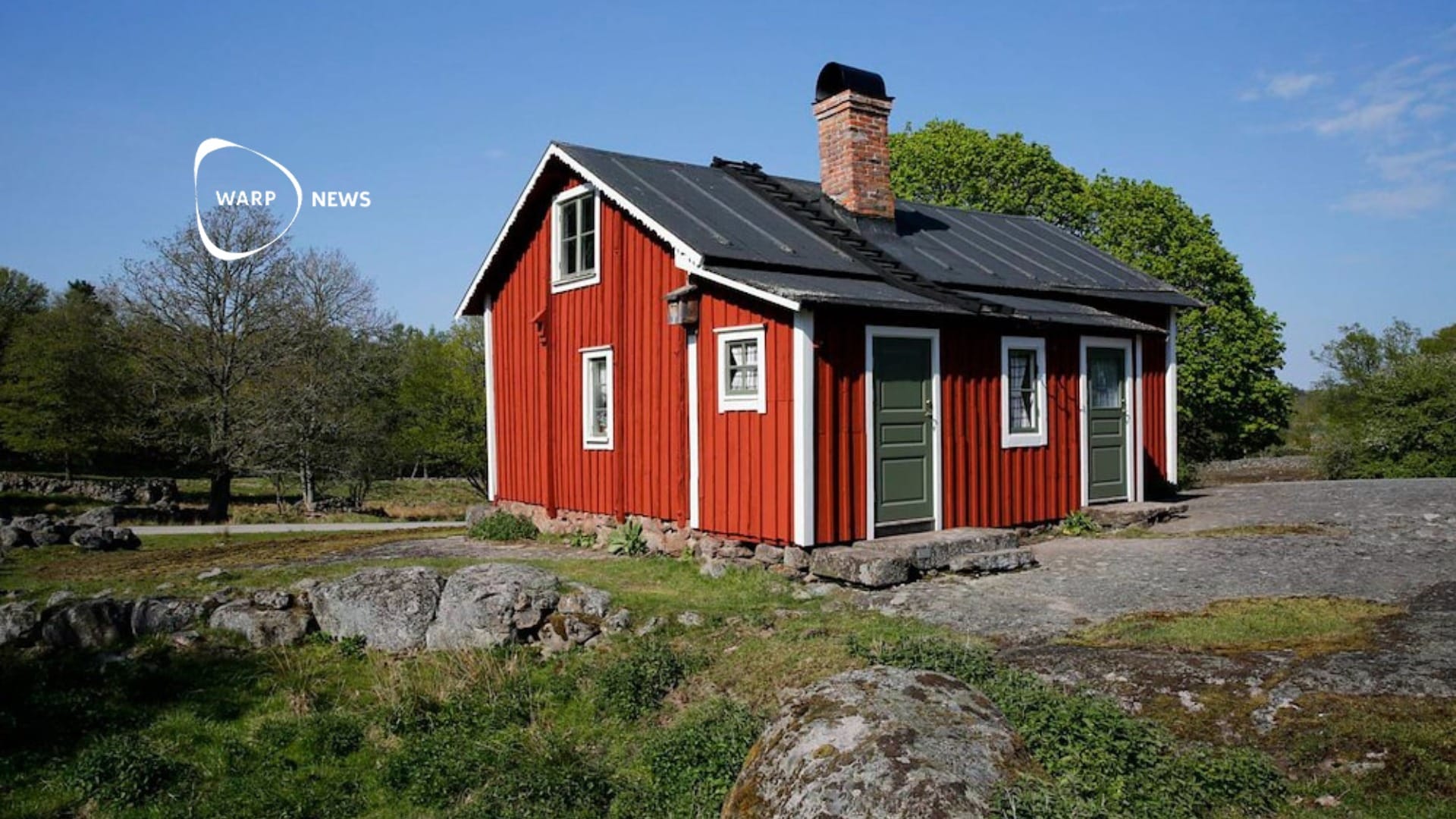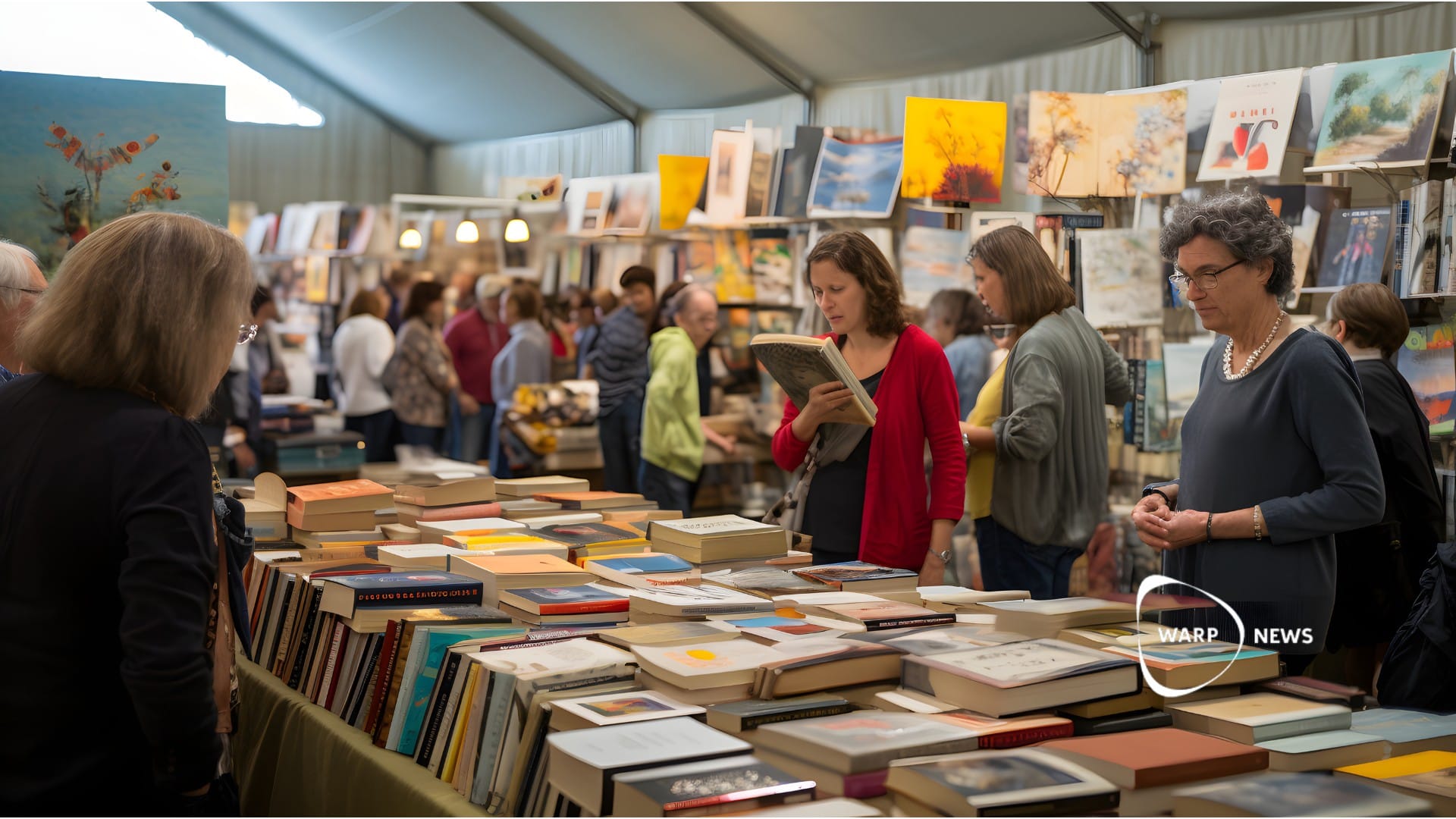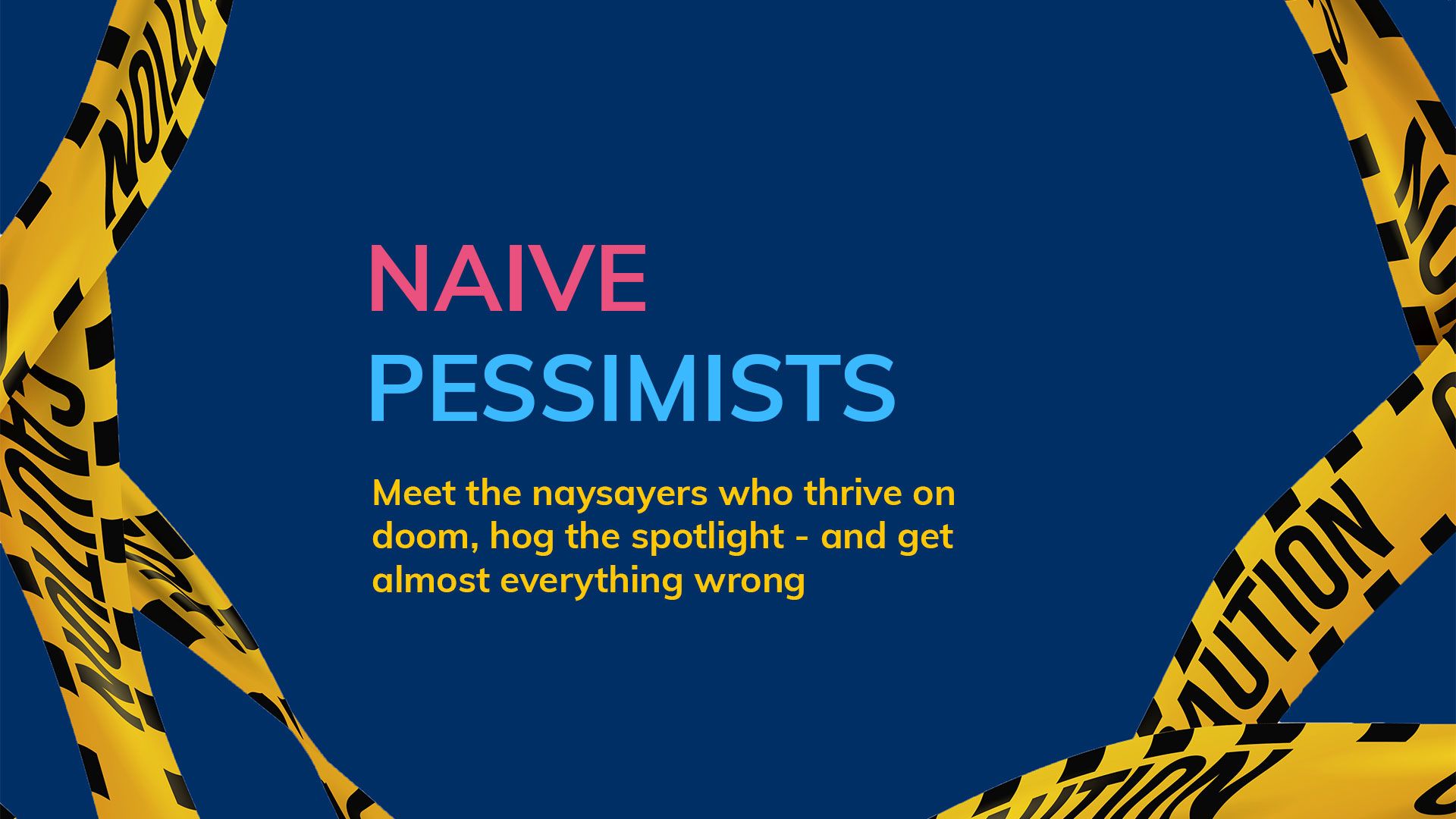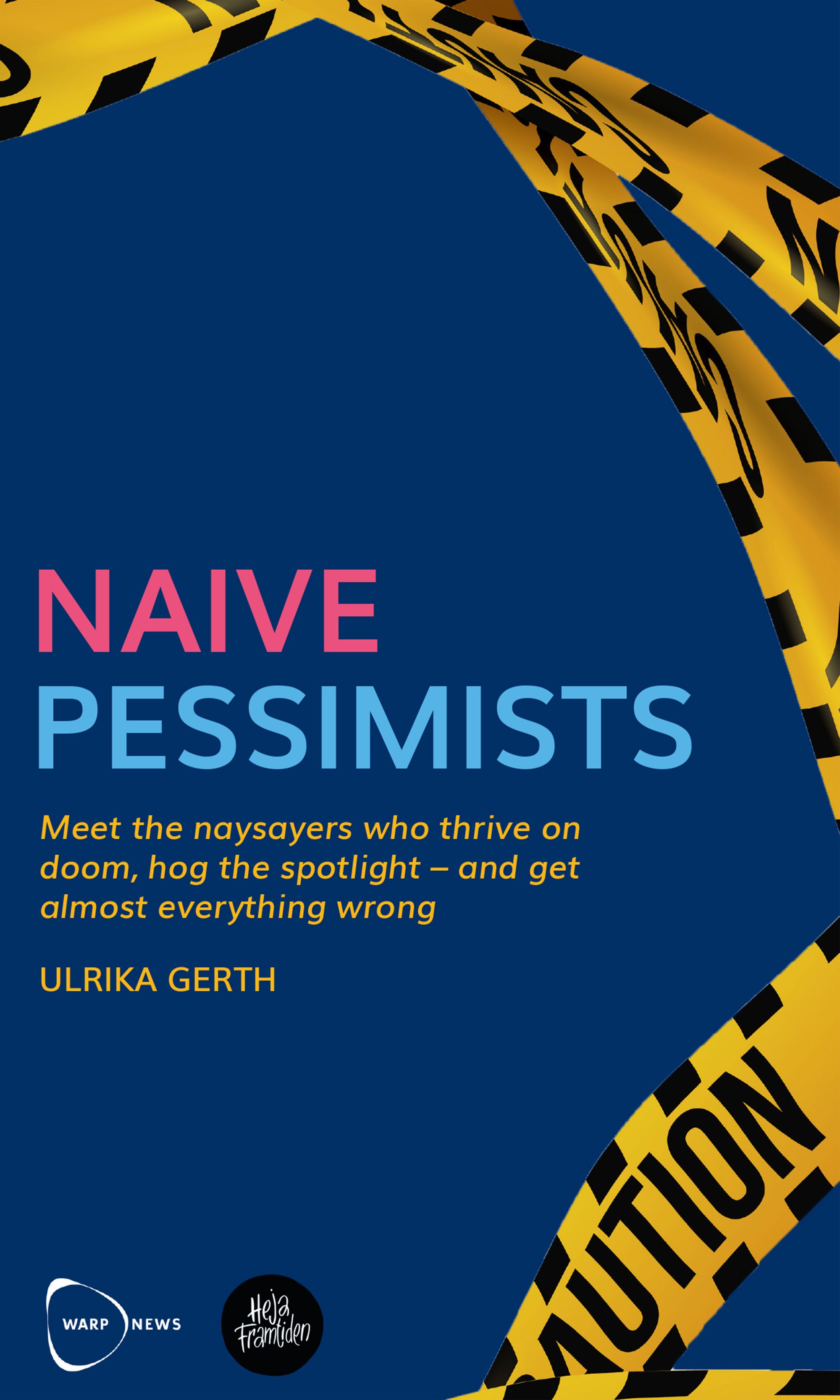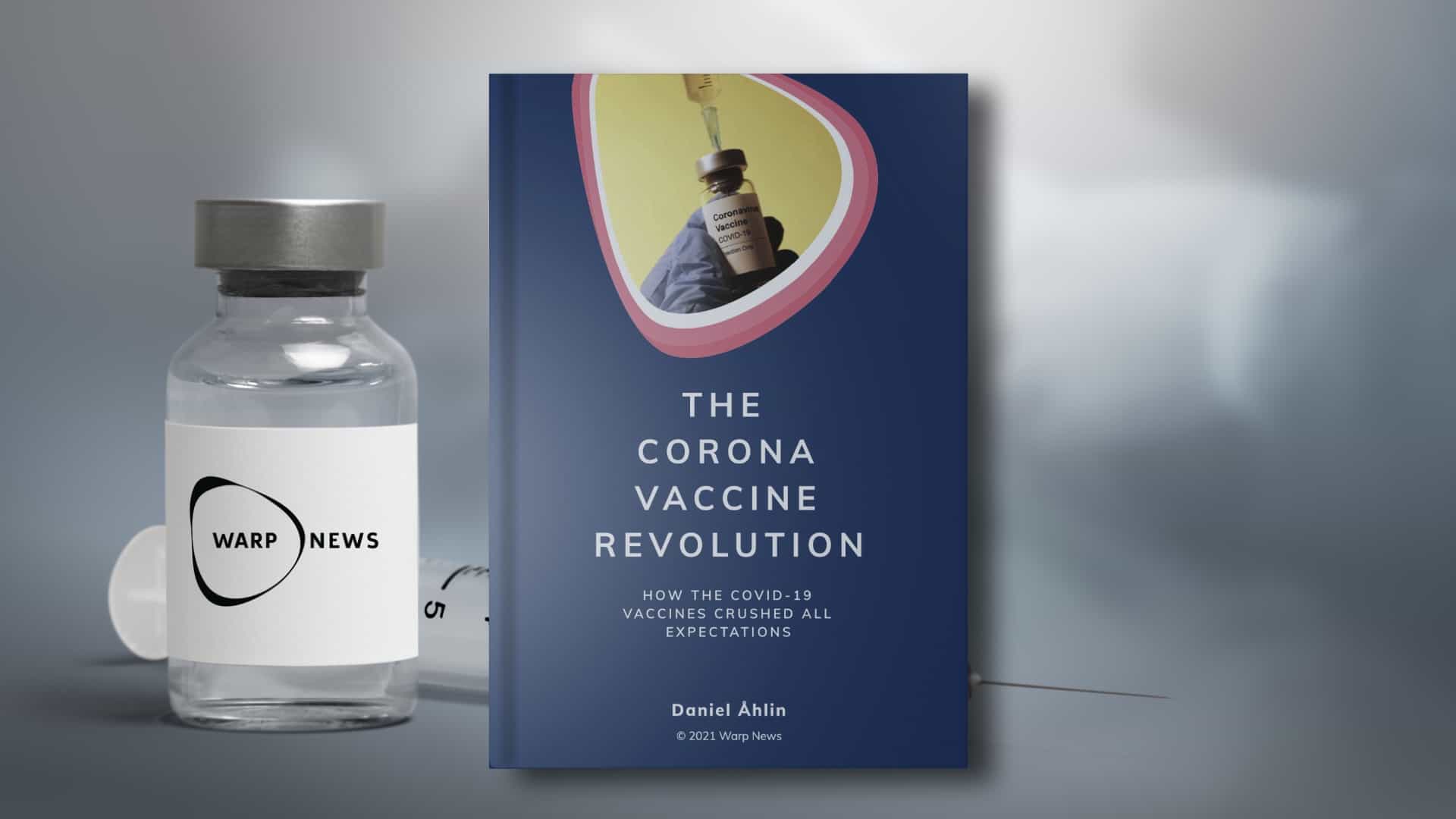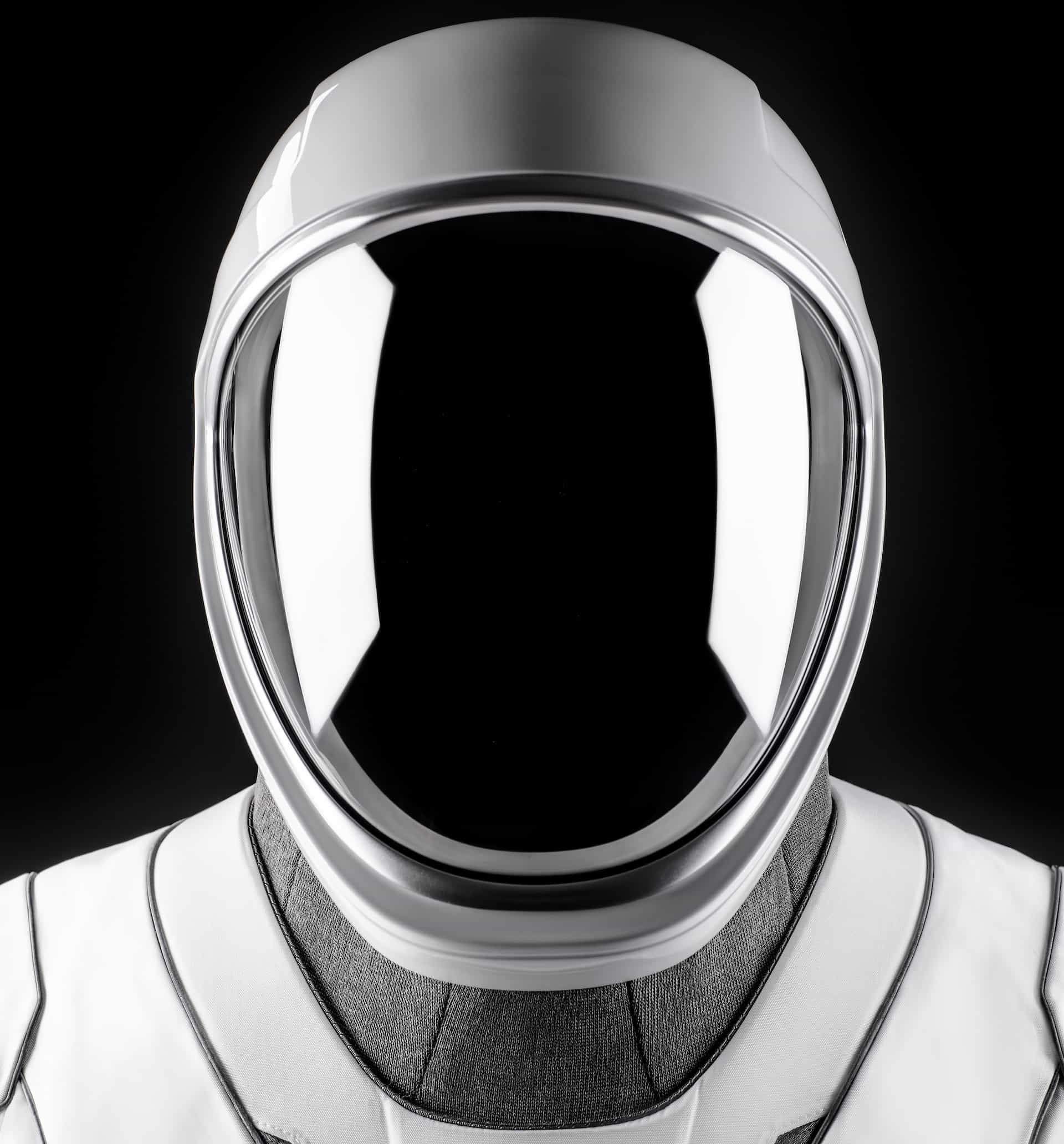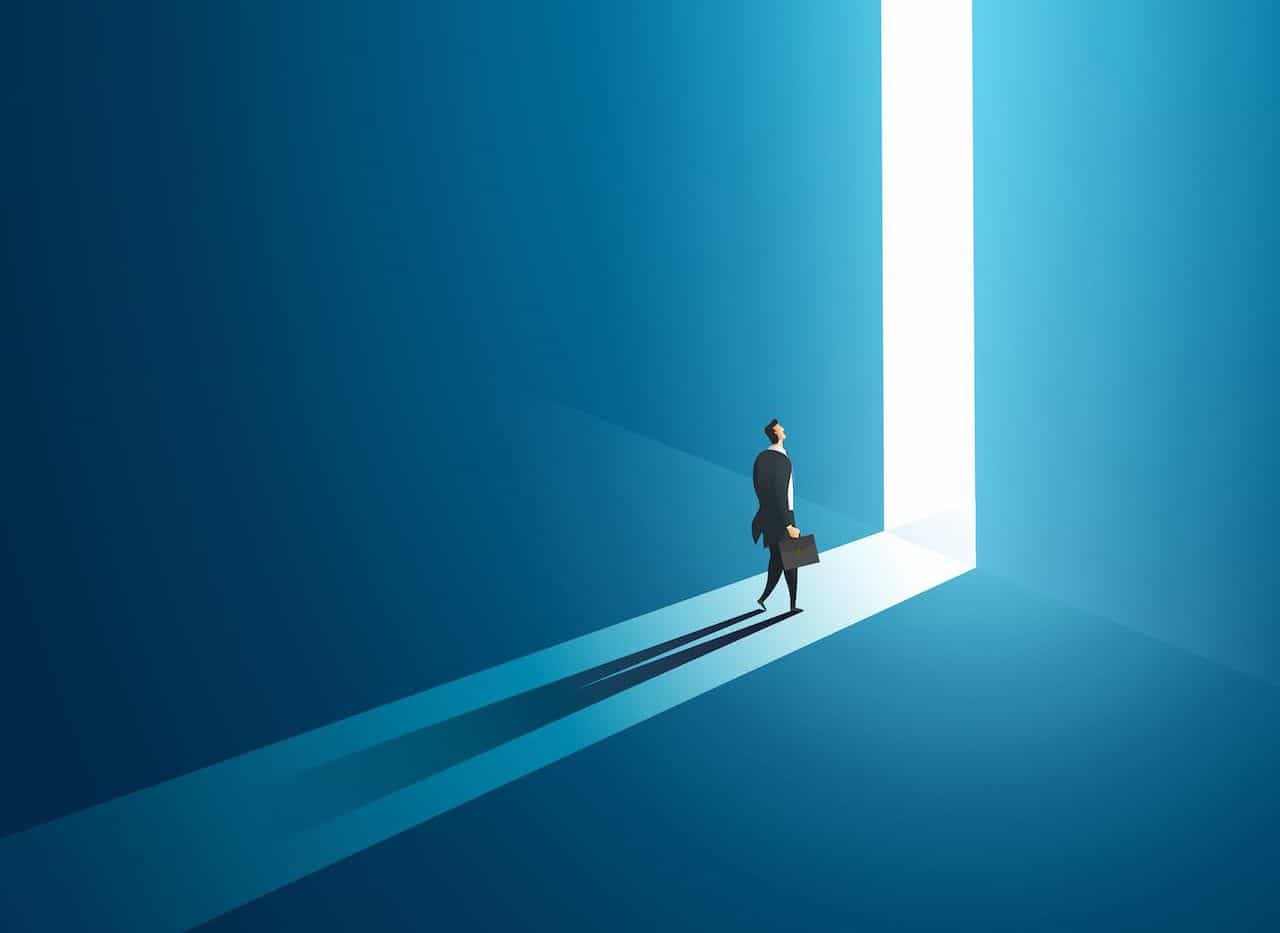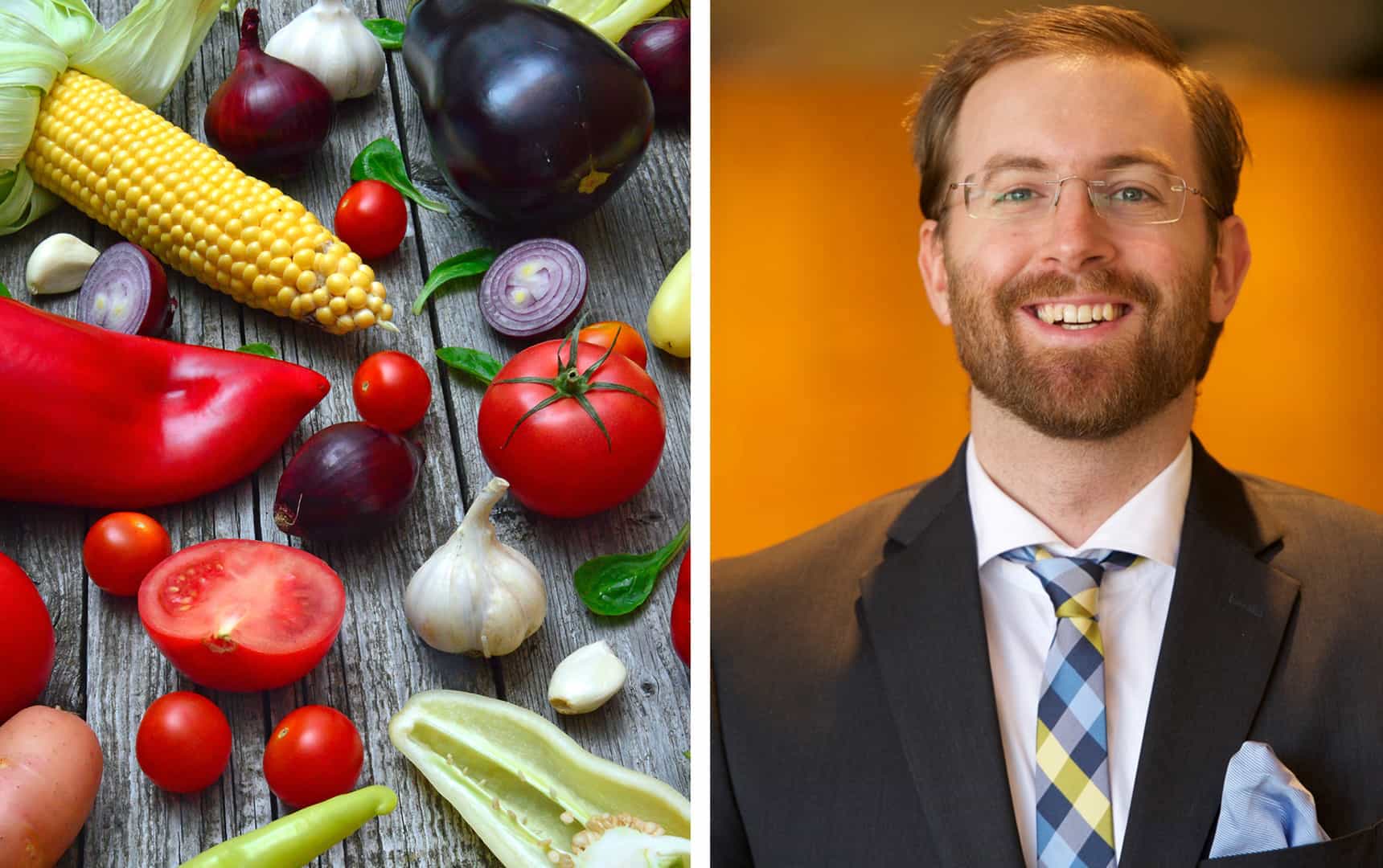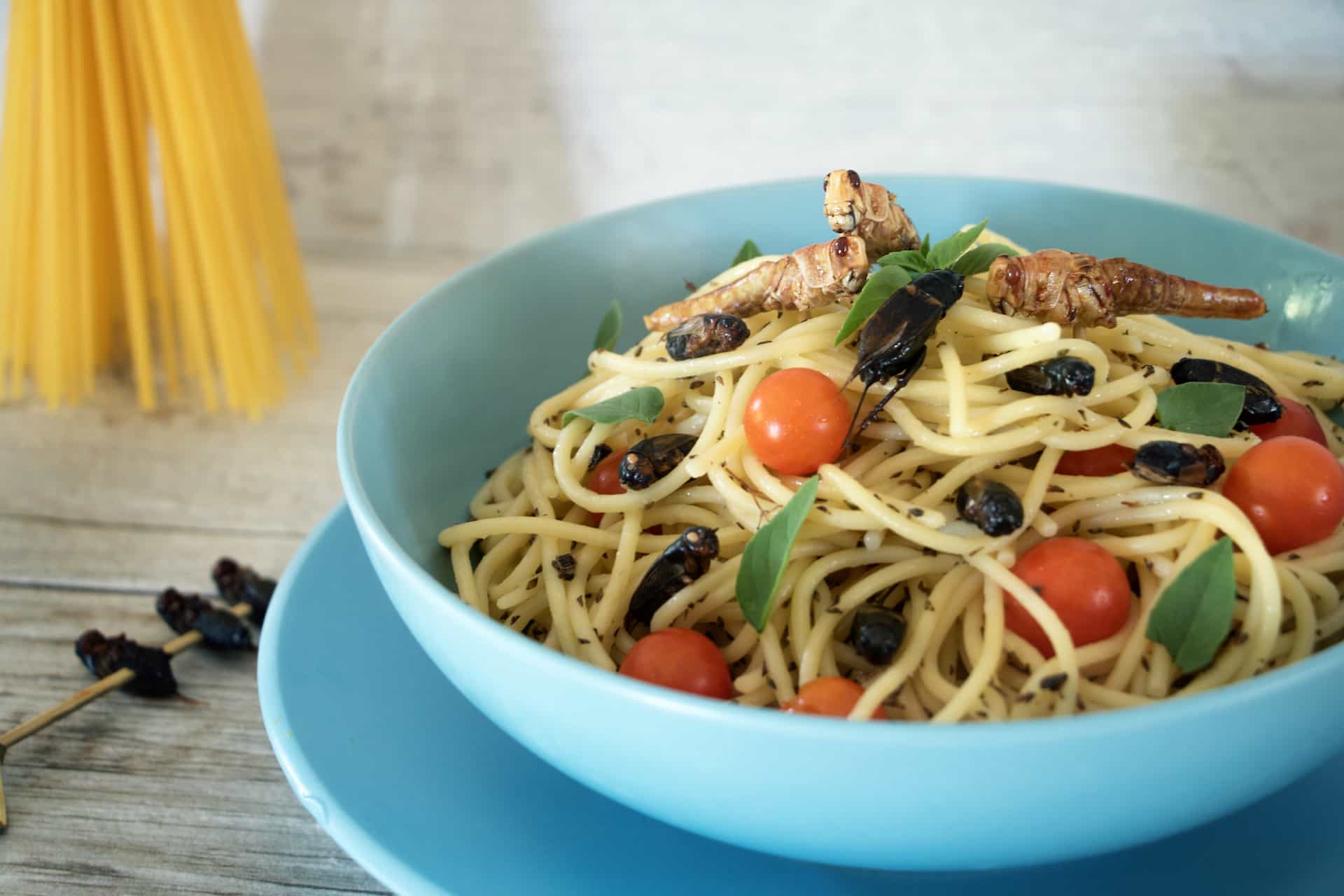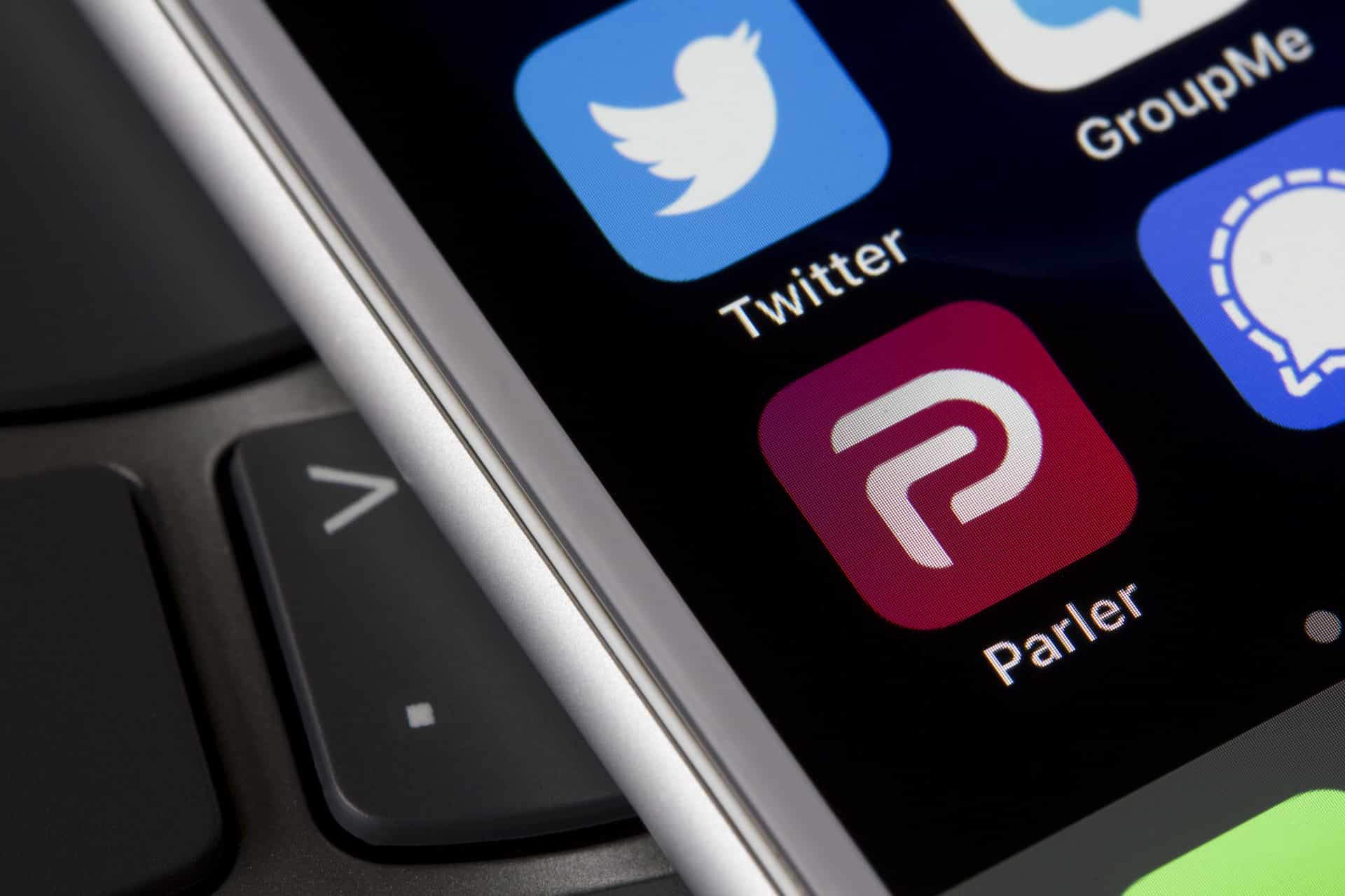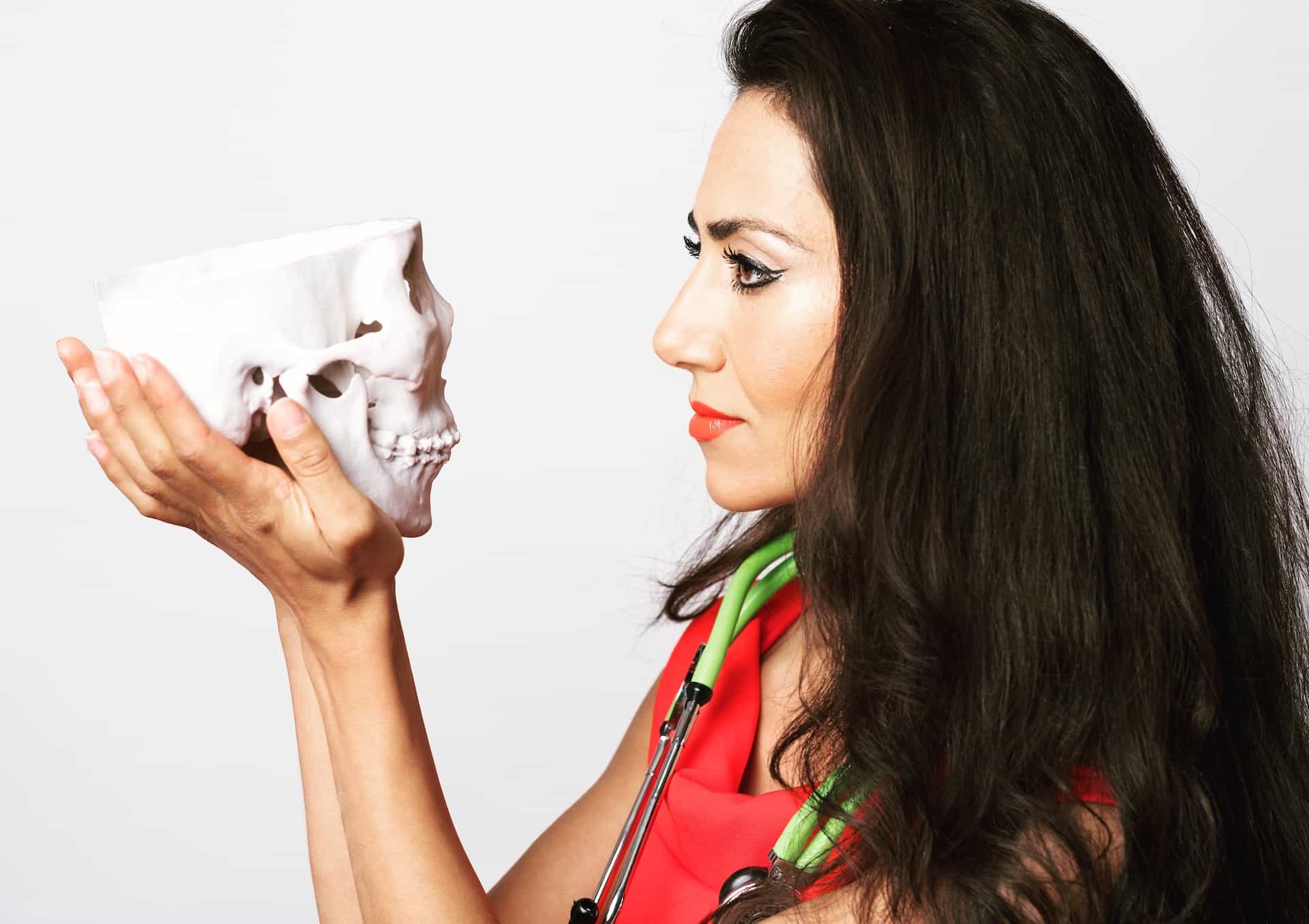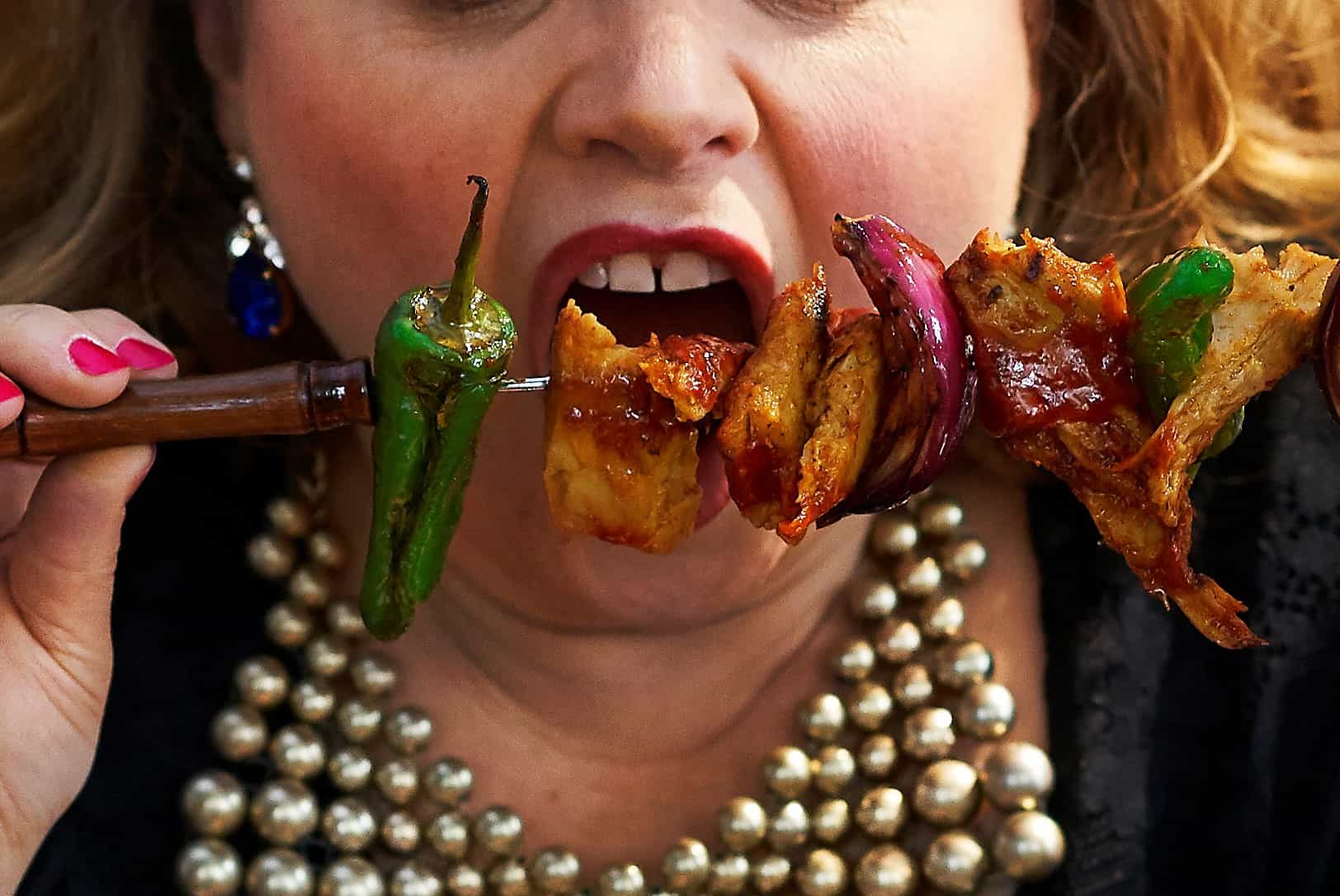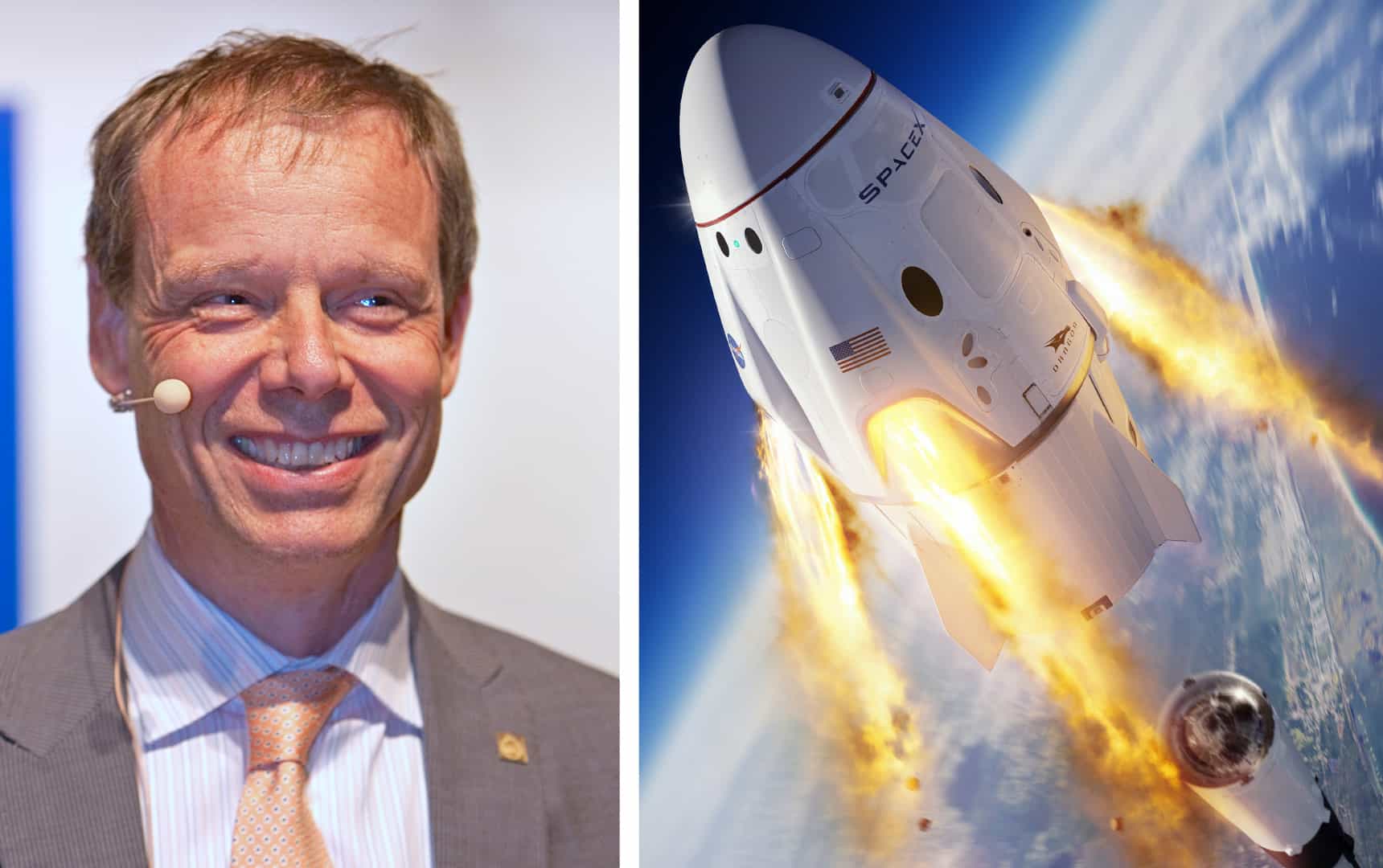Welcome Warp News Premium Supporter!
Get ready to make an impact with the Optimist's Edge

💡 Optimist's Edge
The difference between what people believe and facts.
💡 Optimist's Edge: How large projects are completed on time and budget (learn from Pixar)
A mere 0.5 percent of all major projects are completed as planned and within budget. Have the pessimists FINALLY found something they're right about? One might think so, but...
💡 Optimist's Edge: The centaur's edge (how amateurs beat experts)
💡 Optimist's Edge: By becoming really good at using AI tools, amateurs can perform better than experts.
💡 Optimist's Edge: Prize competitions accelerate innovation
💡 Prize competitions accelerate innovation by both crowdsourcing ideas and financing.
💡 How Jeff Bezos used the Optimist's Edge
Something called the internet was growing at 2300 percent per year. But it was dismissed as a fad. Jeff Bezos used Optimist's Edge to make a life-changing decision. You can do that too.
💡 Optimist's Edge: Self-driving cars will be a freedom revolution for people with disabilities
💡 Self-driving cars will look different and be much cheaper to travel, meaning a freedom revolution for people with disabilities.
💡 Optimist's Edge: Self-driving cars will be really fast
Few humans can drive at 200 miles per hour, like an F1 driver, and it is very dangerous to do so. But that would be easy peasy for an autonomous vehicle.
✍🏼 Warp News Essays
Weekly editorials on how to understand and create the future.
⛓️ Chain of Thought prompts yield astonishingly good results (watch out, Gordon Gekko!)
HERE IS THE PROMPT THAT BEATS WALL STREET AND WILL MAKE YOU BILLIONS!!! (I'm not kidding.)
📚 The Angry Optimist's summer reading tips
It was a product that was supposed to transform cities as much as the car did, praised by Steve Jobs, and fought over by investors eager to invest, created by a technical genius. A product so revolutionary that it only appears once per generation. That and other book tips for lazy summer days.
📞 Phone scams could become harder to pull off
If I were a criminal, I would focus on scams using AI. This is a real AI problem, unlike the fantasies about the end of humanity. But as often is the case, the solution can be found in the very technology that contributes to the problem.
📗 Wow, so many bad things have peaked – and more peaks are coming
She left university without hope. But then she happened to see one of Hans Rosling's talks, and it changed her life. Now she wants to become 'Rosling' for sustainability and believes that we can become the first generation to live completely sustainably.
🙅♀️ Prebunking - how Taiwan resisted China's information warfare
Showing people in advance what the manipulators will claim gives people mental antibodies to resist disinformation.
🔎 We were supposed to be flooded with AI disinformation... now 800 million have voted, where is it?
We faced a "tech-driven Armageddon" and experts ranked AI disinformation as the second biggest global threat this year. Have you noticed much of it?
😒 It was the worst of times
When was the worst music produced? Now! Most crime? Now! Worst movies? Now! Worst morality? Now! In area after area, people think the worst time is now — a completely bizarre view.
🗳️ Leopoldo López is building an alliance of democracy defenders – with the help of technology
Four years in solitary confinement did not break him. He continued to lead protests against the dictatorship in Venezuela. After being forced to flee the country, he now continues his work from abroad, building a democracy movement that threatens all dictatorships worldwide.
🚱 We pay to live without electricity and water, that's how good our lives are
How crazy is it to pay to be without electricity and running water? That's my first thought when I read about Kyrkestatorpet, where you can "live as the crofters did in the past." But then I think about the effects that might come from a visit to an outhouse...
📚 E-books
Our E-books helps you deep dive into a subject.
📚 Sales of print books have increased 22% since 2004
Audiobooks are also increasing rapidly, with over 20 percent growth per year.
📚 E-book: Naive Pessimists
Meet the naysayers who thrive on doom, hog the spotlight - and get almost everything wrong.
📖 Read an excerpt from Naive Pessimists
READ AN EXCERPT: Meet the naysayers who thrive on doom, hog the spotlight - and get almost everything wrong.
📚 E-book: The Corona Vaccine Revolution
All experts were wrong. No one thought it was possible to get corona vaccines this fast. How was this possible? Daniel Åhlin writes about one of humanity's greatest achievements in this E-book.
📚 E-book: Top 20 Space Breakthroughs 2020
2020 has been a very special year in space and in space-related activities. It has seen a long series of breakthroughs that have changed the way we think about space – here are the top 20.
📚 E-book: Optimist's Edge
Facts and optimism make it attainable to spot the opportunities in a changing world. The possibilities that most people miss because they have the wrong facts, or don't think they are doable because they are pessimistic. In this book you learn about "Optimist's Edge".
👩🏽🏫 Warp News Expert Analysis
Our Warp News Experts write to help you to look into and understand the future.
🌱 Viral outbreaks cause plant-based foods to grow at a record rate
Consumption of meat is declining in large parts of the world, while we are eating more plant-based foods. Virus outbreaks and pandemics seem to be accelerating this development, says Warp News Food Tech expert Daniel Skavén Ruben.
🥗 Are you ready for the new food? – Invasive species, insects and fish on land
We already know that meat production, trawling, and one-sided farming in mega-format are environmental culprits with an end date. But now new types of climate-smart food are being developed.
🤔 The responsibility of platforms – a guide for the perplexed
Over the past decade, we have had an increasingly vocal debate about the responsibility of platforms and the future of freedom of expression. Nicklas Berild Lundblad believes that there is reason to be optimistic about the development.
🧠 Doctor Mouna: Understand your pandemic brain – and get optimistic about the future
The coronavirus has kidnapped our brain. The development is much more positive than most people are aware of, says Mouna Esmaeilzadeh, doctor, neuroscientist, entrepreneur, and not least Warp News Expert in Health Tech.
🥗 Are you ready for the new food? - Oumph, algae and lab grown meat
We already know that meat production, trawling, and monoculture farming in mega formats are environmental culprits with an end date. But there is new climate-smart food being developed – and it's happening fast.
🧑🚀 Astronaut Fuglesang about the New Space Race – and going up again
The interest in space has not been this great in 50 years. We are on our way back to the Moon, and the sight is set on Mars. Why does this happen now? This and much more is answered by former astronaut and Warp News space expert, Christer Fuglesang.
